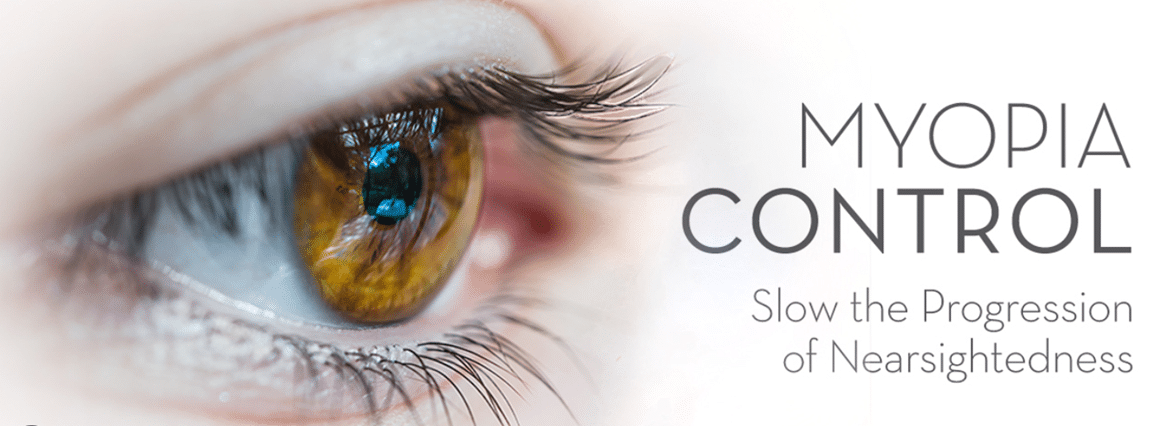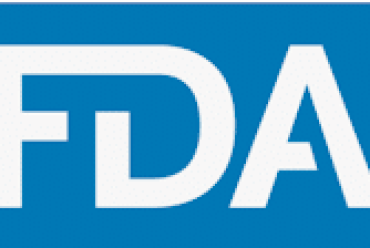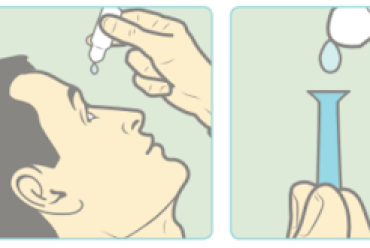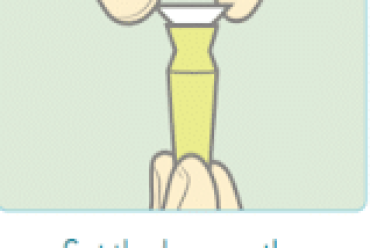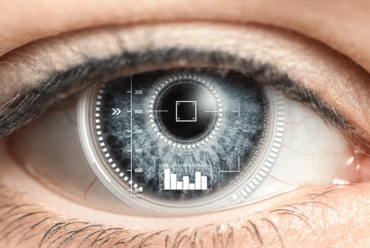Myopia management: Helping your child see clearly into the future
Myopia, or nearsightedness, is a common eye condition that affects people of all ages. It occurs when the eyeball is too long or the cornea (the clear front part of the eye) is too curved, causing light to focus in front of the retina instead of on it. This results in blurry distance vision.
Myopia is typically diagnosed during childhood, and it can progress rapidly during the school years. Increases in myopia usually slow as we reach full physical maturity, typically in our late teens to early twenties.
While standard glasses or contact lenses can correct myopia, they do not slow or stop its progression. This is where myopia management comes in.
Myopia management or myopia control are terms used to describe treatments that aim to slow the progression of myopia in children. There are a number of different myopia management options available, each with its own benefits and risks.
- Glasses
Single vision glasses are the most common way to correct myopia. However, they do not slow the progression of myopia. Defocus incorporated multiple segments (DIMS) lenses are a type of multifocal lens that has been shown to be effective in slowing myopia progression, however they are very new and not yet widely available.
- Contact lenses
Standard, single vision, contact lenses provide proper focusing, however do not slow myopia progression. Several specialty contact lenses have been shown to slow the progression of myopia. These include:
-
Orthokeratology (Ortho-K): Ortho-K lenses are rigid gas permeable (RGP) lenses that are worn overnight. They reshape the cornea while you sleep, providing clear vision during the day without the need for glasses or contact lenses.
-
Dual focus contact lenses: Dual focus contact lenses have two different lens powers in each lens. Altering how light reaches the periphery of the eye has been shown to slow myopia progression.
-
MiSight® 1 day contact lenses: MiSight® 1 day contact lenses are the first and only soft contact lenses that have been FDA-approved to slow the progression of myopia in children.
-
Atropine eye drops
Atropine eye drops are a medication that can be used to slow the progression of myopia. Atropine works by blocking the muscarinic acetylcholine receptors in the eye, although the exact mechanism for slowing myopia is still unknown.
The best myopia management option varies among individuals. The best option for your child will depend on a number of factors, such as their age, the severity of their myopia, and their lifestyle. We will work with you to design a plan to best manage their condition.
In addition to myopia management treatments, there are a number of things that you can do to help slow the progression of myopia in your child. These include:
- Encouraging your child to spend time outdoors. Studies have shown that spending time outdoors can help to reduce the risk of myopia.
- Limiting your child’s screen time. Excessive screen time has been linked to an increased risk of myopia.
- Early intervention is key to slowing the progression of myopia.
By taking steps to manage your child’s myopia, you can help them to see clearly into the future.

